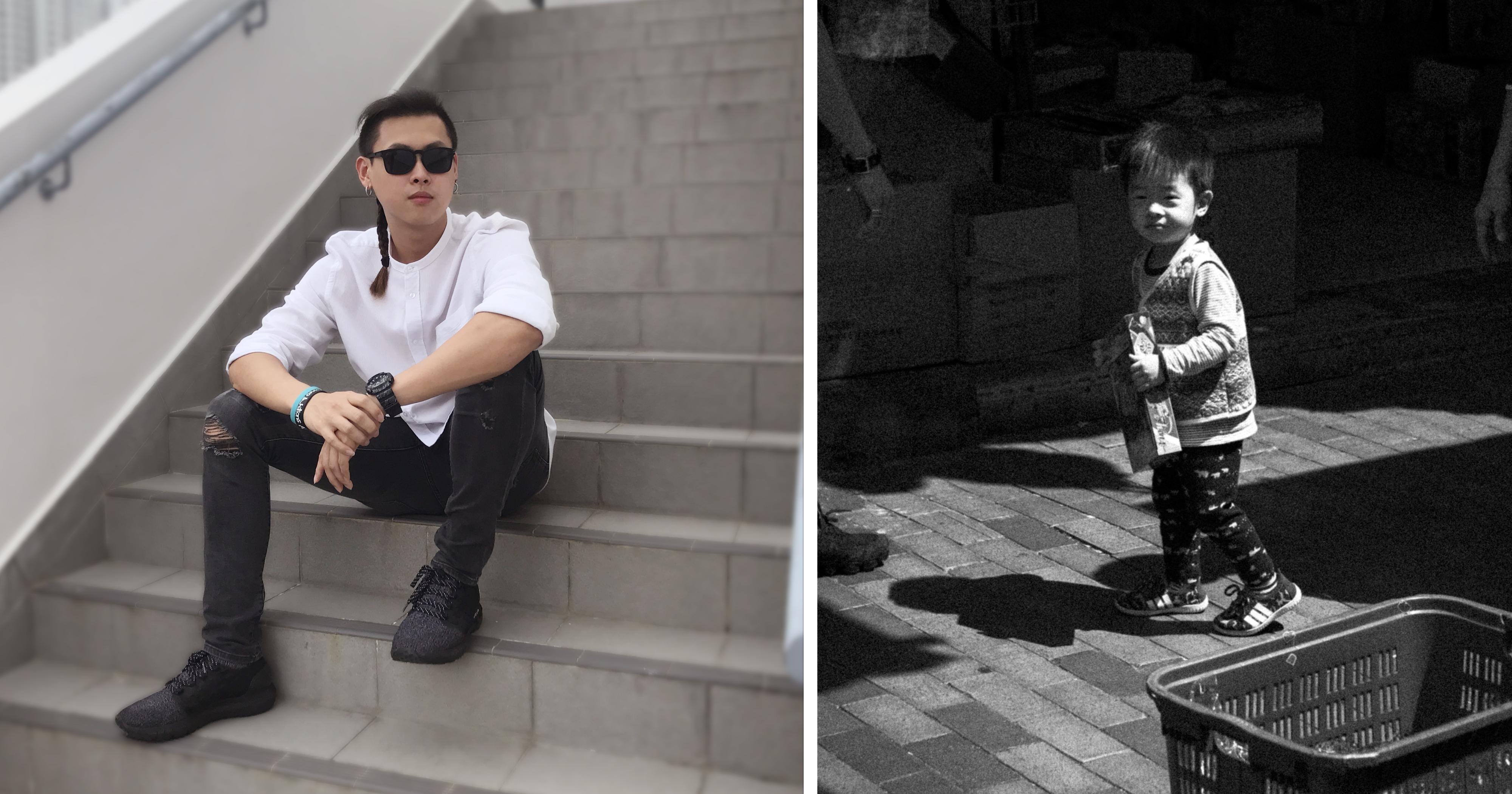Every photographer starts their journey differently.
For one Nicholas Tan, it was because of a friend.
Back when he was 18 and studying visual merchandising at the Institute of Technical Education (ITE), Tan took an interest in photography when he noticed one of his friends doing it.
He promptly jumped on the bandwagon.
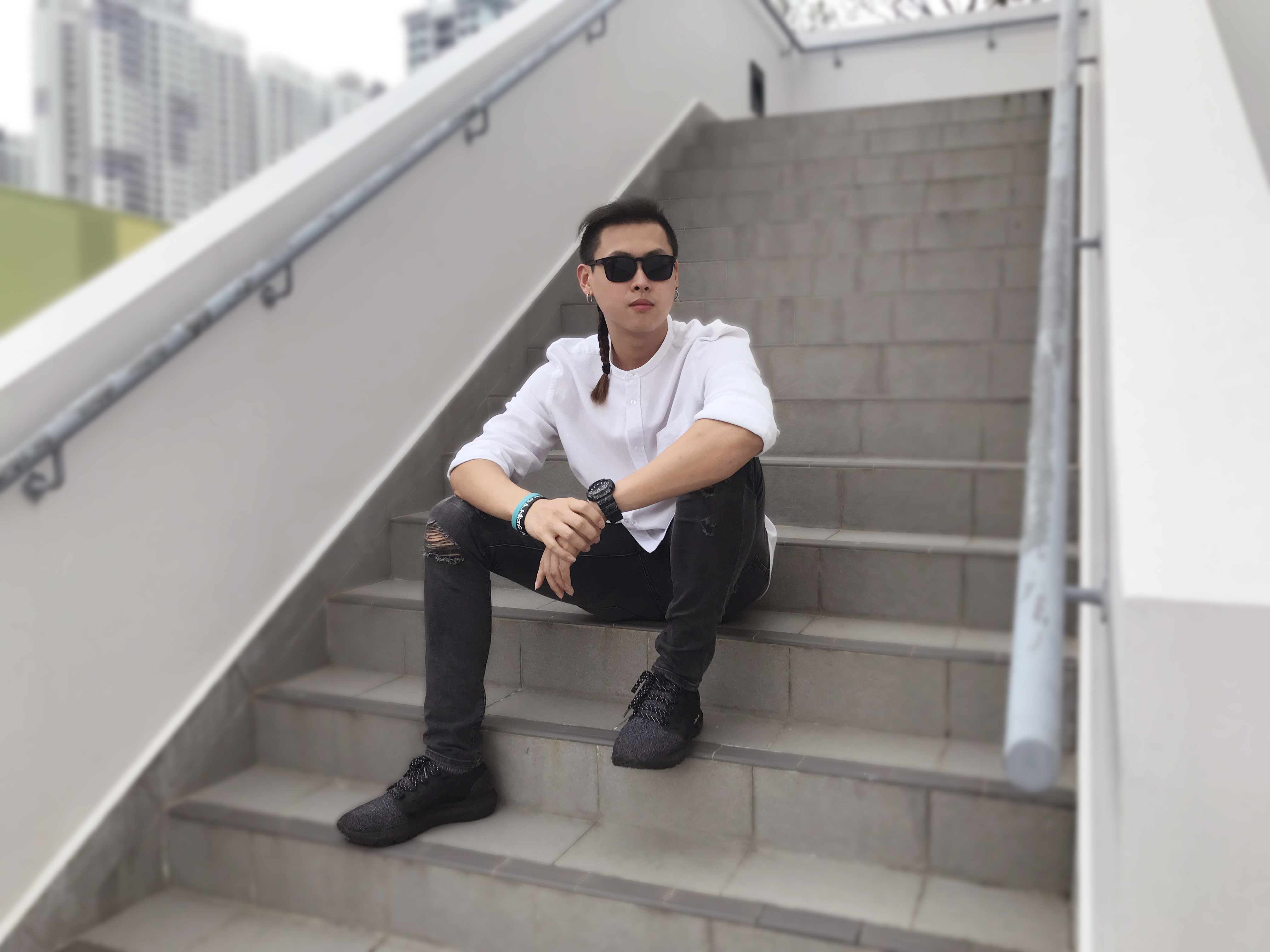 Photo courtesy of Nicholas Tan
Photo courtesy of Nicholas Tan
Full of accolades
Despite being inexperienced then, Tan volunteered to be a student photographer for an overseas school trip to China.
After realising that he had a knack for it, he joined his very first inter-school photography competition (where he went on to win both first and second place, by the way), won the Best of Show student category at the Canon Photomarathon Singapore XIV 2016, and most recently, graduated with a diploma in visual communications & media design from Singapore Polytechnic.
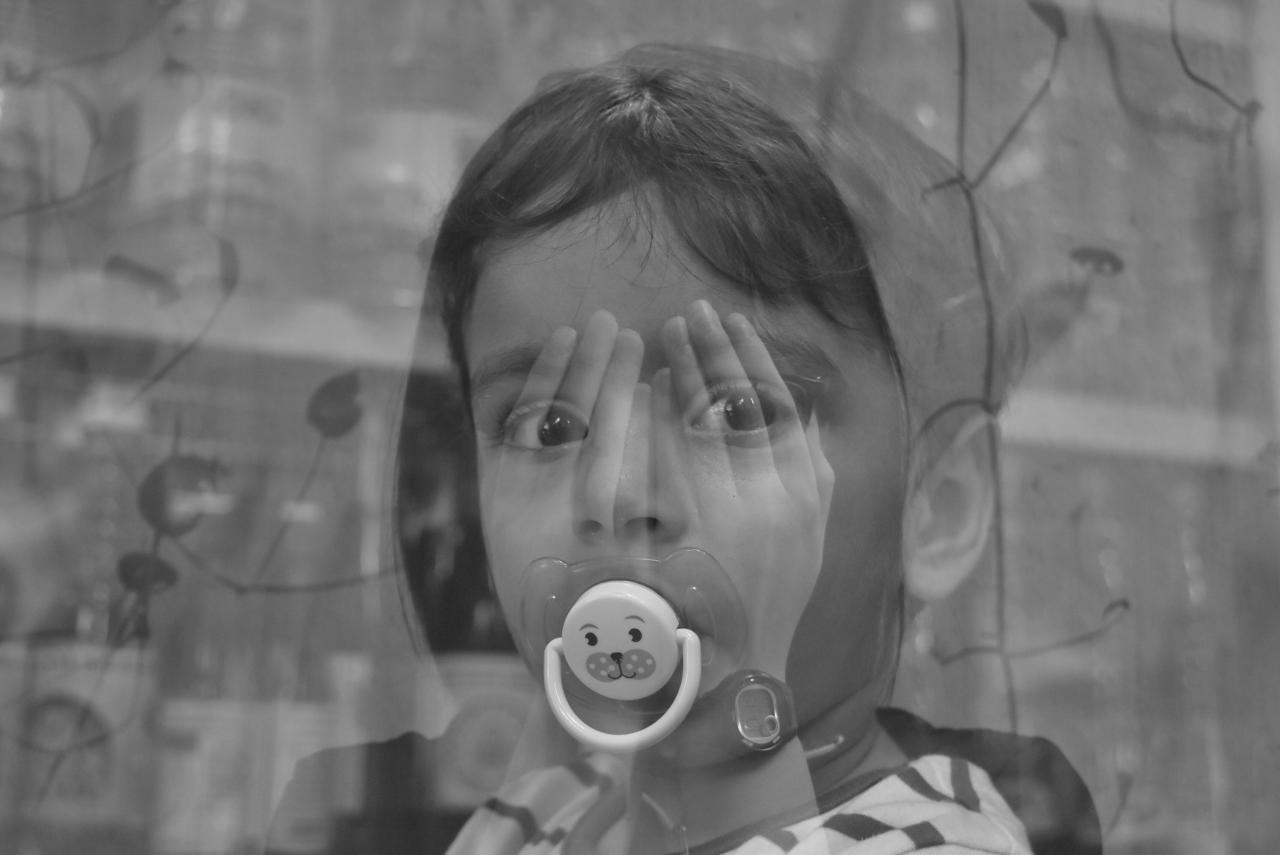 The photo that won him the Best of Show award. Photo courtesy of Nicholas Tan
The photo that won him the Best of Show award. Photo courtesy of Nicholas Tan
Not bad for a 23-year-old, especially since he went through most of this while his eyesight was -- and still is -- slowly deteriorating.
But we'll get back to that later.
First camera
Before entering the Canon Photomarathon, Tan didn't have his own camera, and had been loaning cameras from his school's resource centre.
His mother noticed that it was more than just a hobby, and offered to get him a camera.
However, Tan declined, as he didn't want to burden his mother financially.
But he was up for a pleasant surprise:
"One day, she suggested to survey for cameras so I knew how much I needed to save up. I thought it was a good idea, so we went out and found the camera that I wanted. And then she just said 'Ok, let's buy. If you want to be a photographer, you need your own camera.'"
Now, despite having a handful of cameras, Tan still goes back to the Nikon D5500 from his mother as a reminder of where he started.
Progressive retina damage
Today, Tan isn't wearing a pair of shades to make himself look cooler.
Instead, the photographer wears it to protect his eyes, as he has been diagnosed with Stargardt's disease.
The disease is an inherited condition that causes progressive damage to the part of the retina that is responsible for sharp, straight-ahead vision.
Symptoms of Stargardt's disease include:
- Blurry or distorted vision
- Inability to see in low lighting
- Difficulty recognising facial features
- Increased sensitivity to bright lights
- Higher chance of colour blindness
While the chances of becoming completely blind due to Stargardt's disease is rare, the progression of the disease varies from person to person.
Vomiting after getting hit in the head
Tan first noticed that something wasn't right when he couldn't recognise people he knew when they were walking towards him.
He was 19 years old then.
Despite noticing that something was amiss, Tan only asked the doctor about the condition when he got injured during a friendly game of football.
"I was playing football when I got hit in the head and started vomiting. I thought it was a concussion, so I went to the hospital. Since I was already experiencing problems with my eyes, I asked my doctor what was wrong so they told me to go for another check-up."
After going to the check-up, he received his unfortunate diagnosis, which he stressed, wasn't caused by the game of football.
And since this happened during the first year of his visual communications diploma, a course which would heavily require his sense of sight, his doctor suggested for him to try for a different industry.
But Tan wasn't having it.
"But this (visual communications) is what I wanted to do all along, I've planned for long to do this. It's like telling me to change my dreams because it's not going to work out. I don't know what was my future, there was the uncertainty in it."
During the whole ordeal, he felt nothing but sadness, shock and confusion in the months that followed, especially when it came to his potentially career-changing decision.
This process, he shares, was important towards healing and finding himself.
"It's ok to let yourself be sad for a while and then pick yourself up to do what you can in the moment."
Fortunately for him, it was a conversation with his mother that put him back on his feet.
"There was one time when I was talking to my mother about it. It started off as a casual conversation, but we eventually started talking about my eyes. I shared to her about my worries and fears and she just told me this line: 'There's no point worrying so much about this, just do what you can in the moment.'"
From there, he followed his mother's advice to achieve his dreams by going ahead with his diploma, against all odds.
Seeing the pros in the cons
While losing one's eyesight may seem like an insurmountable ordeal in many people's lives, Tan shares that he doesn't have to make a lot of changes to his lifestyle.
The only change he had to carry out, apart from wearing shades, is getting more sleep.
"I used to sleep six to seven hours, but now I have to sleep between eight to nine hours so I can rest my eyes to slow down the progression [of the disease]."
Other than that, the optimistic individual just shrugs that he is going to do what he can in the moment.
It goes without saying that Tan had to go through several bumps while pursuing his diploma.
For one, he couldn't read texts as well as he used to, which is essential for his education.
He also often gets asked about his shades as it makes him stick out like a sore thumb in school.
"A lot of people have asked me about my shades. I keep having to repeat my reason and it keeps reminding me that I have an eye condition. It gets a bit sad."
Now, however, he doesn't really mind the questions and instead looks at his "cons" as "pros" instead.
You can take a look at some of Tan's best works here:
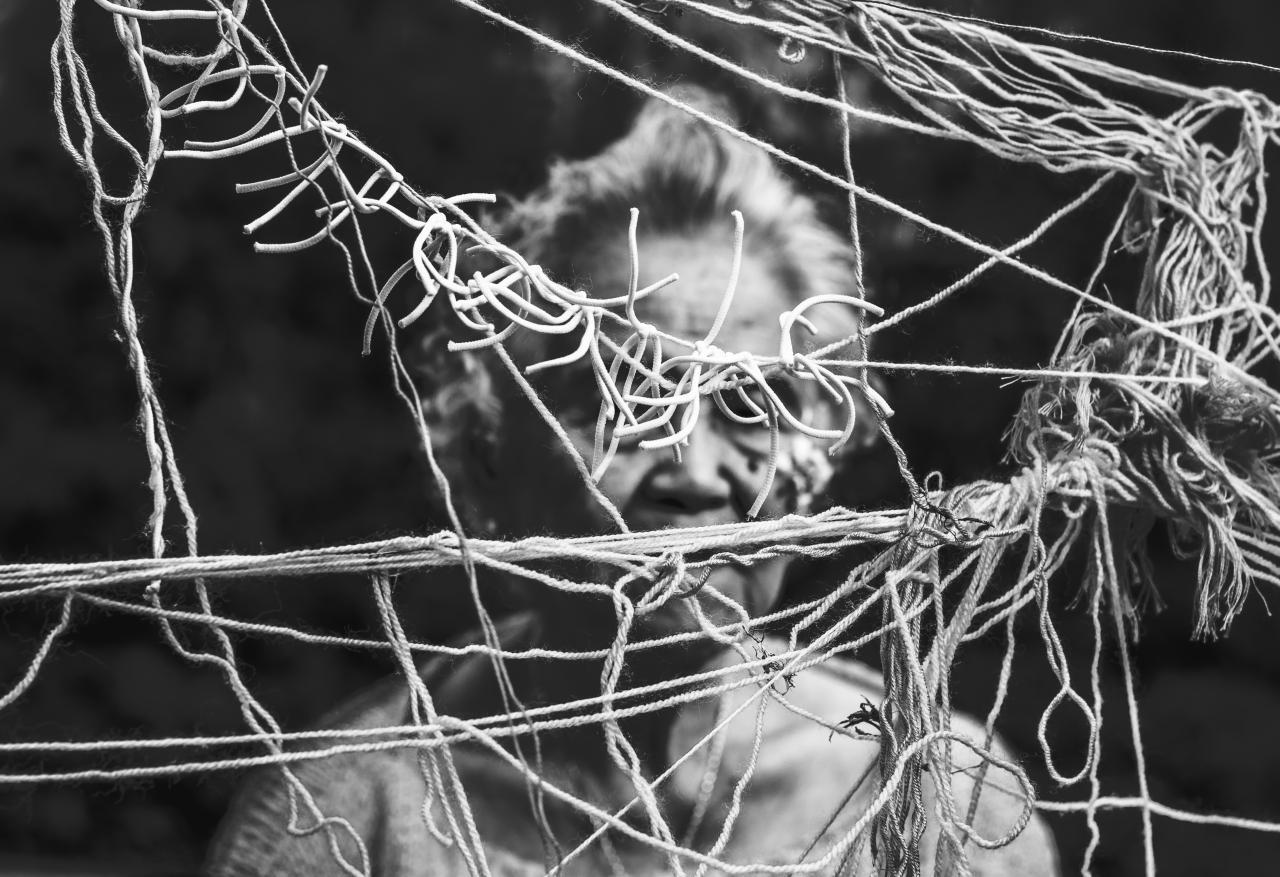 Photo courtesy of Nicholas Tan
Photo courtesy of Nicholas Tan
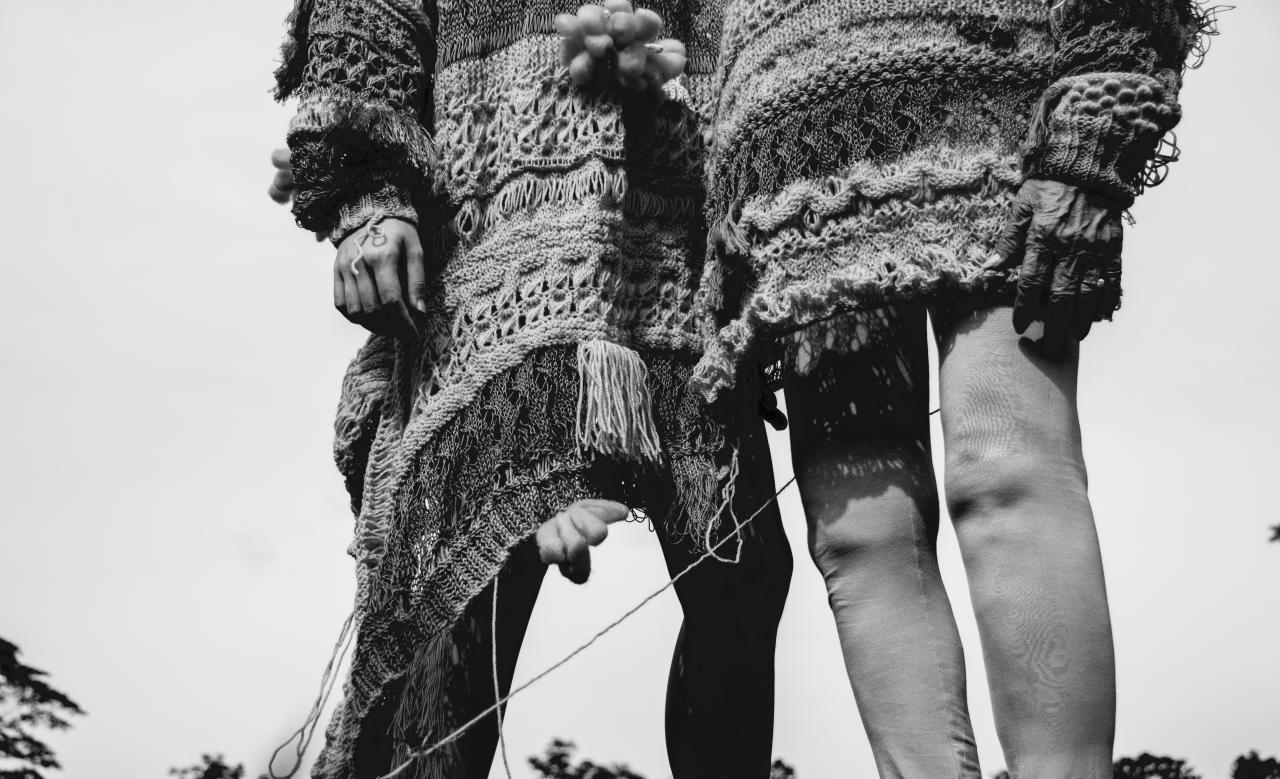 Photo courtesy of Nicholas Tan
Photo courtesy of Nicholas Tan
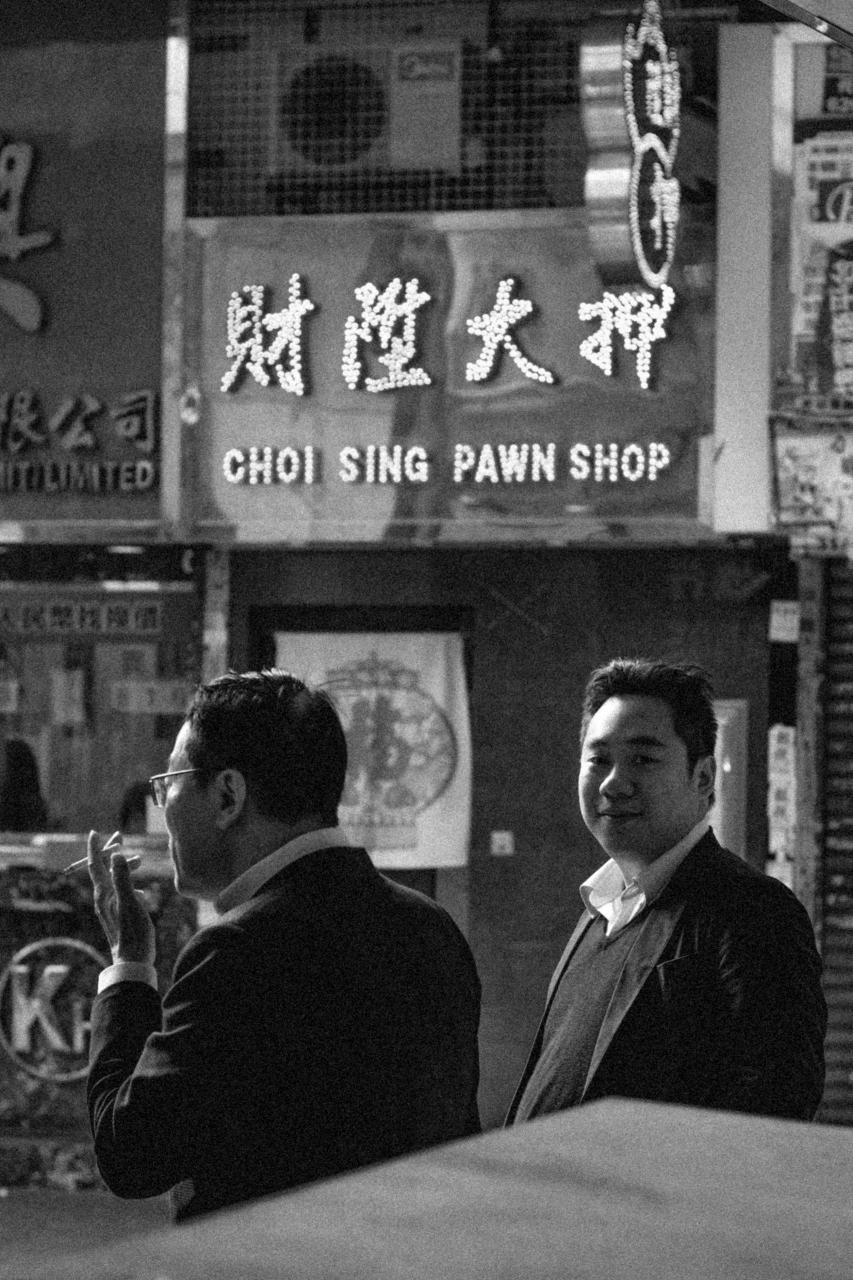 Photo courtesy of Nicholas Tan
Photo courtesy of Nicholas Tan
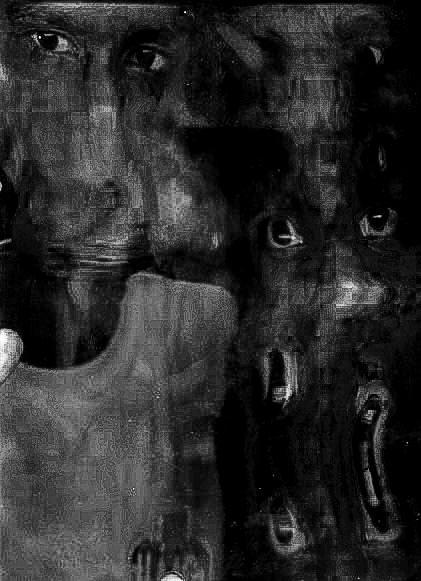 Photo courtesy of Nicholas Tan
Photo courtesy of Nicholas Tan
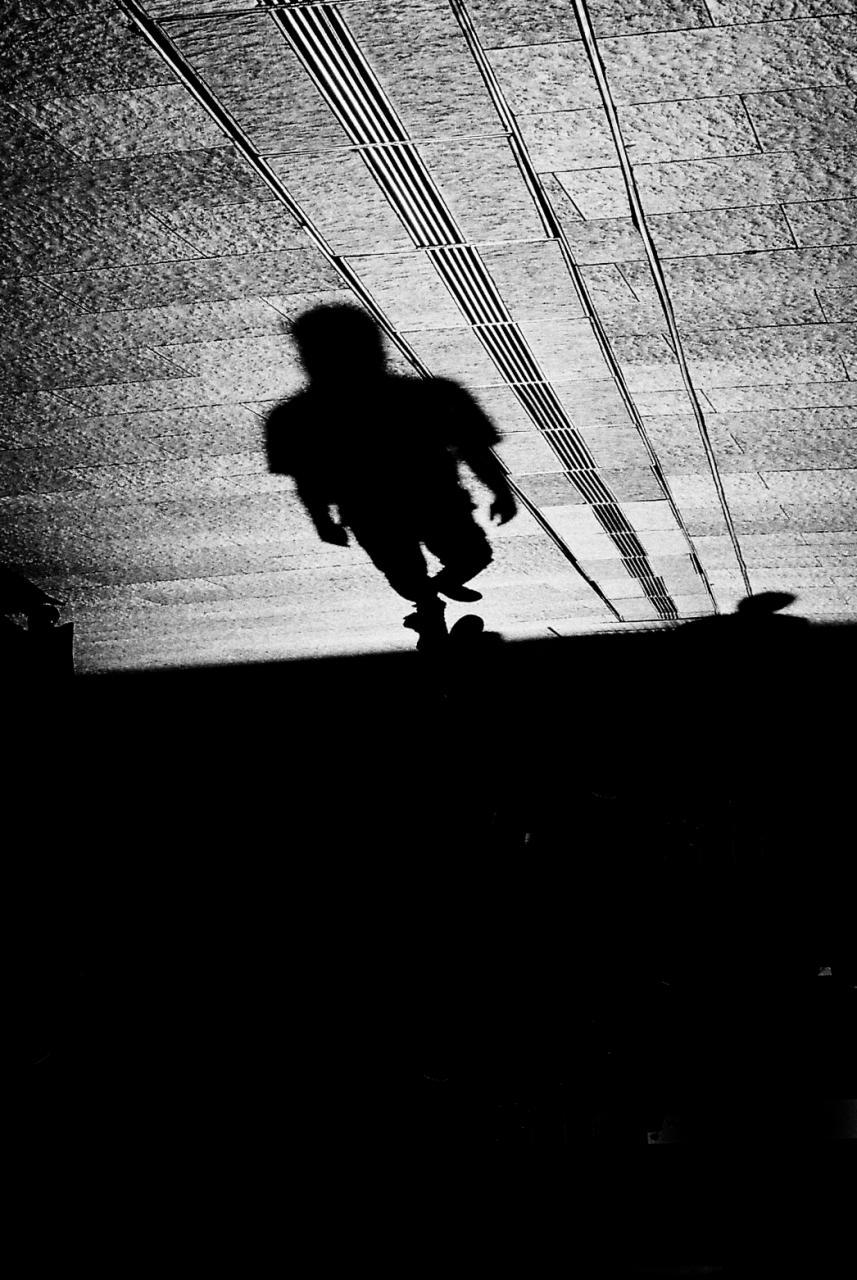 Photo courtesy of Nicholas Tan
Photo courtesy of Nicholas Tan
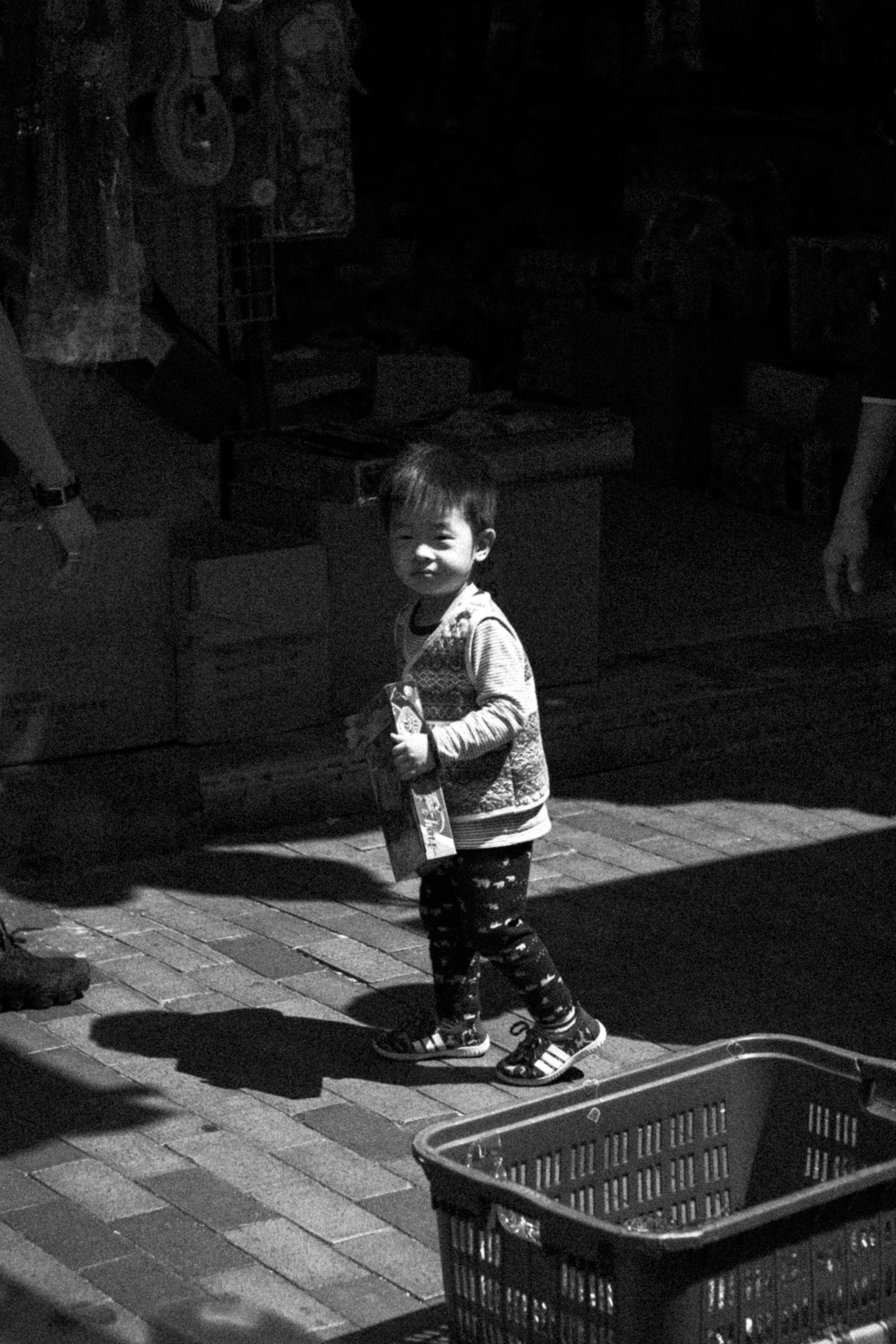 Photo courtesy of Nicholas Tan
Photo courtesy of Nicholas Tan
For example, he uses his sensitivity to light and inability to see facial expressions to his advantage when taking photos.
"I tend to observe the light more, so my photos come out to look more contrasting. Also, because I cannot see facial expressions well, it forces me to get out of my comfort zone and approach people."
And although Tan is visually impaired, he doesn't allow that to get in the way of his work or let others treat him differently.
In fact, his schoolmates trust in his skills enough to let him lead important roles in several group school projects.
"I told my friends not to treat me differently, and they don't. I've been the videographer and director of photography in several video projects with my friends."
Family is his rock
Tan admits that he wouldn't be here without the support of his family and close friends.
"Family is the pillar that I can always go back to. I always talk to them about what I am truly feeling and they listen unconditionally."
And he's glad to have heeded the advice of the biggest rock in his life, his mother:
"I don't think I can imagine myself in another field because that's the dream that I've been working towards."
Top image courtesy of Nicholas Tan
If you like what you read, follow us on Facebook, Instagram, Twitter and Telegram to get the latest updates.
